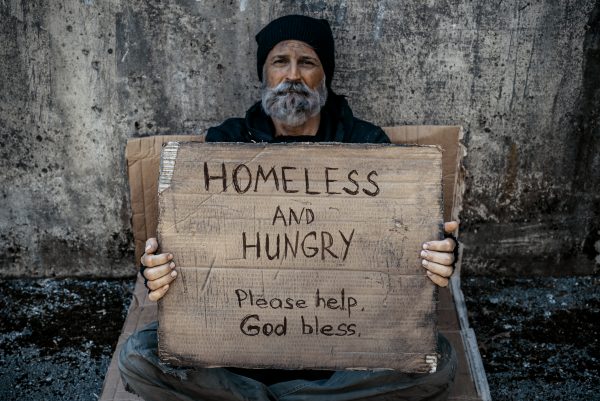Over half a million Americans experience homelessness on any given night. We see these people panhandling on our city streets, hanging out in parks, and waiting in long lines to get into shelters. For some, the sight of homeless people is terrifying. Hobophobia, the fear of homeless people, is a real thing. Its symptoms include elevated heart rate and/or body temperature, trembling, fainting, nausea, crying, screaming, and the urge to bolt. But rather than let your fight-or-flight response kick in when confronted with a homeless person, what if you could put yourself in their shoes instead and empathize with them? In this deep dive, we’re breaking down why hobophobia happens and what you can do to defeat it.
Cover Photo: D-Keine (Getty Images)
Study up: The Mandatory White Guy’s Guide to Being a Supportive Ally to the Black Community
Mandatory Good News: 10 Stories of Local Restaurants Feeding People for Free
Follow Mandatory on Facebook, Twitter, and Instagram.
Deep Dive Hobophobia
-
Homeless people aren’t homogeneous.

There’s no one kind of homelessness; each person’s situation is unique. Multiple factors contribute to homelessness, from mental illness and physical disabilities to financial struggles and domestic abuse. Addiction also plays a major role. And while almost one-third (32 percent) of individuals experiencing homelessness are addicted to drugs and alcohol, those addictions are more often a result of homelessness rather than the cause.
-
Your fear is fed by stereotypes.
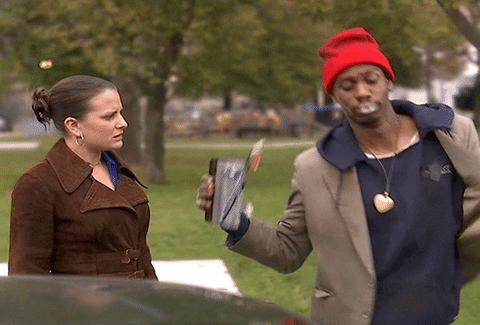
How many people experiencing homelessness do you know on a personal level? We’re guessing none. That means that popular culture, secondhand stories, and prejudiced assumptions are filling in the knowledge gaps for us. The picture we get of homeless people from media and stereotypes is that of lazy, crazy, addicted, drunk, and perpetually-in-flux individuals. Naturally, we’re afraid if this is how we think people experiencing homelessness really are. But these depictions couldn’t be farther from the truth.
-
Your fear of the homeless is more about you than it is about them.
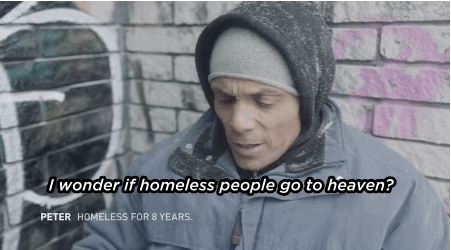
Sometimes, the thing that we fear is what we actually fear becoming. It doesn’t take much to imagine how you, too, could end up homeless. What if you lost your job? What if you had no family to fall back on? What if your friends refused to let you crash at your place? What if you had a medical emergency that bankrupted you? People don’t want to think too hard about how homeless people became homeless because it’s terrifying to realize how easily it could happen to you. Even if we aren’t consciously aware of this fear, it can cause us to want to avoid homeless people as if their condition were contagious.
-
Homeless people are more like you than you think.
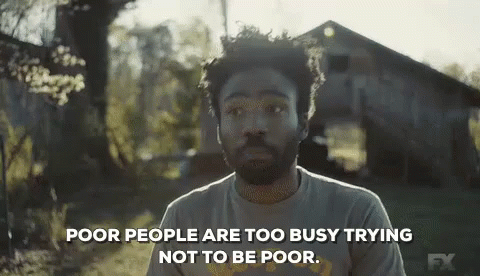
People from all walks of life have experienced homelessness. Millions of Americans are only one paycheck away from financial ruin. In fact, it doesn't even take a job loss to become homeless; statistics show that there is no state in the U.S. where a minimum wage worker working full time can afford a one-bedroom apartment at the fair market rent. You might be surprised by how much you have in common with people experiencing homelessness. Just like you, they have dreams, jobs, families, pets, and beloved belongings.
-
Homeless people are your neighbors.
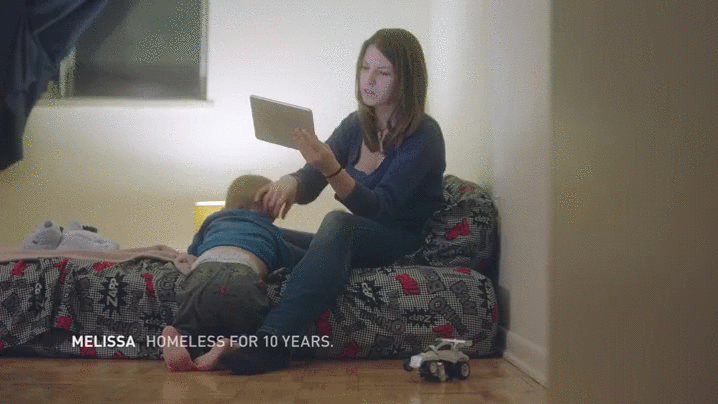
The majority (75 percent) of homeless people live in the city where they became homeless. That means they're your neighbors. These aren’t outside agitators coming into your community from out of state, looking to take advantage or cause trouble.
-
Homelessness is dangerous; homeless people generally are not.
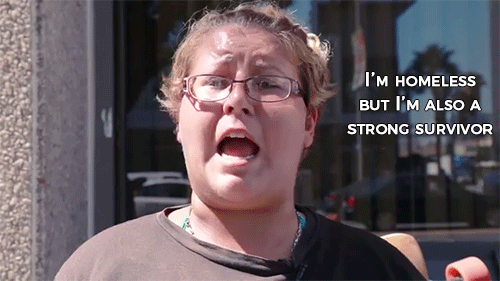
Homelessness puts people at a higher risk of murder, assault, rape, and theft than the general population. That means homeless people are more likely to be victims of violent crime than perpetuate violent crimes on others, especially if they are a homeless woman, teen, or child. Statistics show that over the past 15 years, 1,500 homeless people reported attacks (and many more likely go unreported). A staggering 375 homeless people died because of those attacks.
-
Defeat your fear with action.
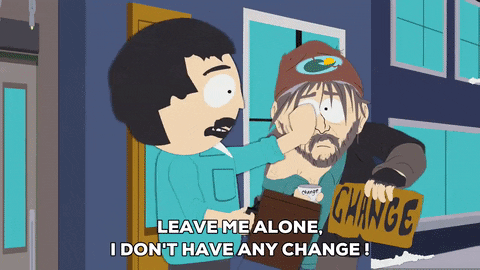
Rather than judge homeless people and fearfully avoid them, tap into your compassion. Keep a stash of oft-needed essentials, like bottled water, snacks, or new socks in your car; when you see a homeless person on a corner, hand these items out. Donate clothing, personal care items, or non-perishable food to organizations that work with the homeless. Volunteer to help prepare or serve a meal at a homeless shelter. The more exposure you have to the plight of homelessness, the faster your fear will ebb.
-
The Takeaway
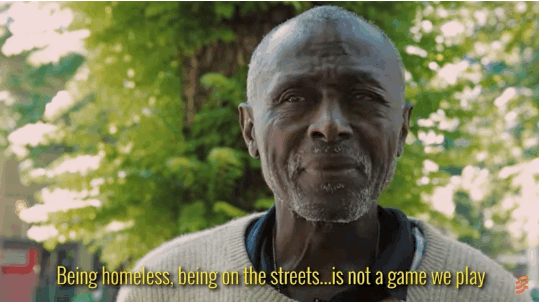
Hobophobia is not uncommon, but it’s something you can change. We fear what we don’t understand. You may not know each individual homeless person’s story or struggles, but you can be a source of good vibes in their lives. Remember the words of Rev. Dr. John Watson: “Be kind, for everyone you meet is fighting a hard battle.”
